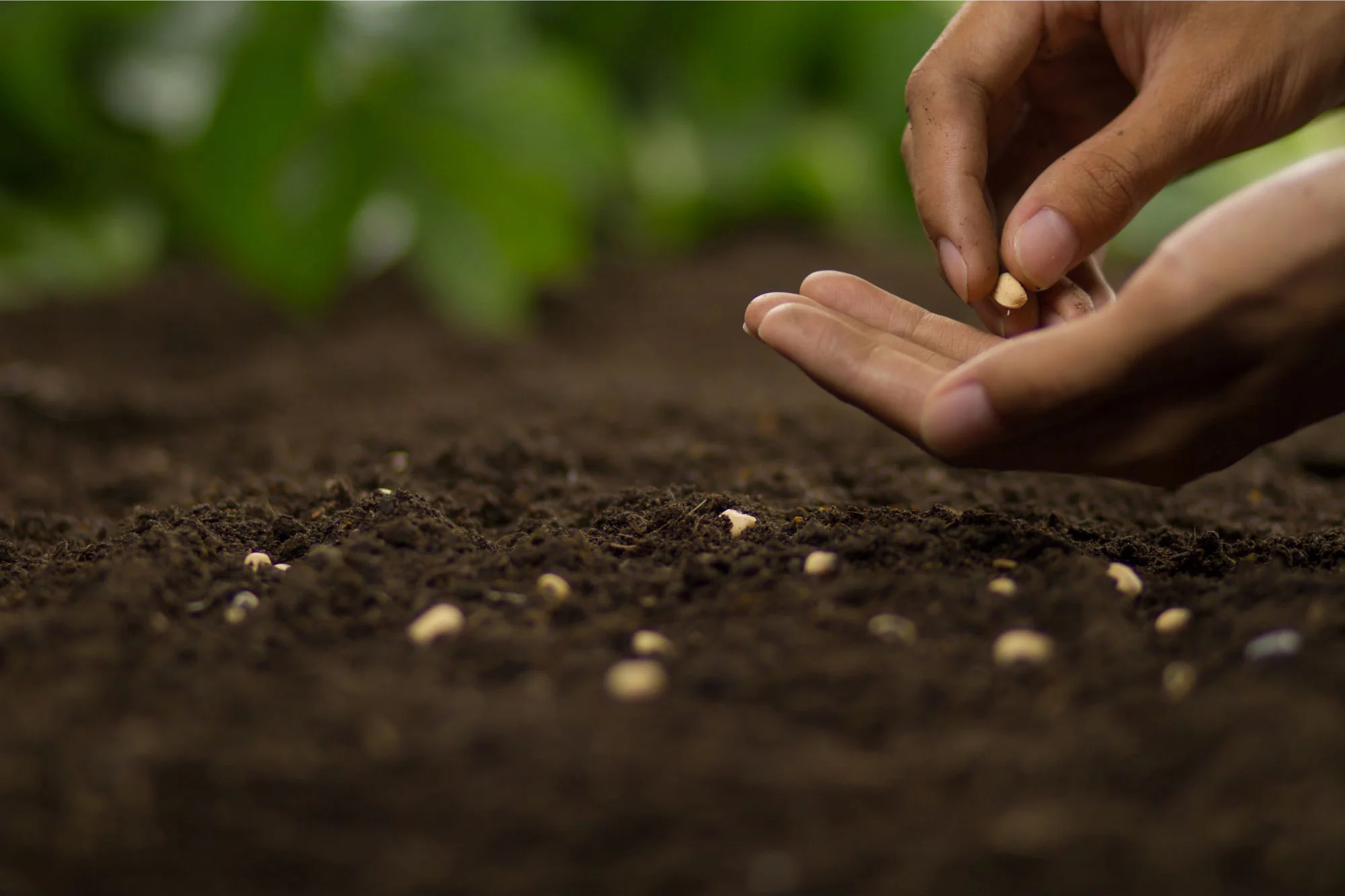"Informed AI News" is an publications aggregation platform, ensuring you only gain the most valuable information, to eliminate information asymmetry and break through the limits of information cocoons. Find out more >>
Small Farmers Key to Climate-Resilient Agriculture
- summary
- score

Industrial farming prioritizes high yields, often at the expense of environmental adaptability. Researchers from Vermont University argue that small-scale farmers, with their diverse, locally-adapted crops, are crucial for future food security. They call for policies that integrate traditional seeds and farming methods for sustainable agriculture.
Yolanda Chen, a University of California evolutionary biologist, highlights the importance of small farmers in a changing climate. Since World War II, industrial farming has reshaped seed systems to meet population demands. However, Virginia University research suggests that small farmers will be key in maintaining seed diversity in the face of climate change.
Chen and colleagues discuss how professional crop breeders have disrupted the evolutionary process, creating a gap between "formal" and "informal" seed systems. The former dominates global seed sales, while the latter consists of farmers who select and breed diverse, locally-adapted varieties.
Small farmers provide essential ecosystem services, such as crop resilience to droughts and pests. As climate pressures increase, these services are vital for sustainability. Modern seed systems focus on high yields, often ignoring environmental conditions. This approach may fail in extreme climates.
Chen proposes that solutions lie in the diverse seeds kept by small farmers worldwide. These seeds, grown in various ecosystems, likely possess traits necessary for survival under climate change. She advocates for policies that value and support the diversity of seeds created by small farmers, ensuring their contributions are recognized and utilized in mainstream agriculture.
This shift from a yield-centric mindset to one centered on evolution and biodiversity is essential for sustainable agriculture.
| Scores | Value | Explanation |
|---|---|---|
| Objectivity | 6 | Balanced reporting with comprehensive analysis. |
| Social Impact | 4 | Influences public opinion on sustainable agriculture. |
| Credibility | 5 | Solid evidence from authoritative sources. |
| Potential | 5 | High potential to trigger significant changes. |
| Practicality | 4 | Highly practical, applicable to real problems. |
| Entertainment Value | 2 | Slightly monotonous with a few entertaining elements. |